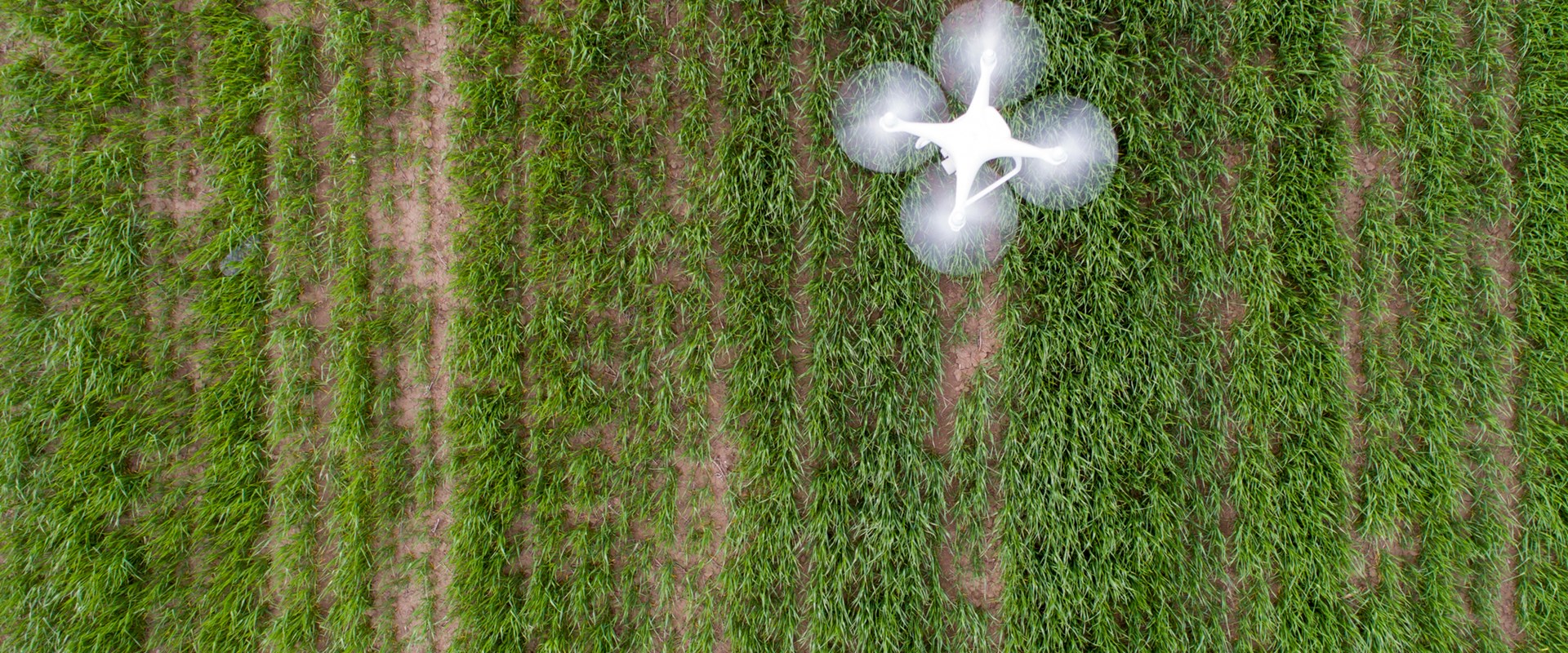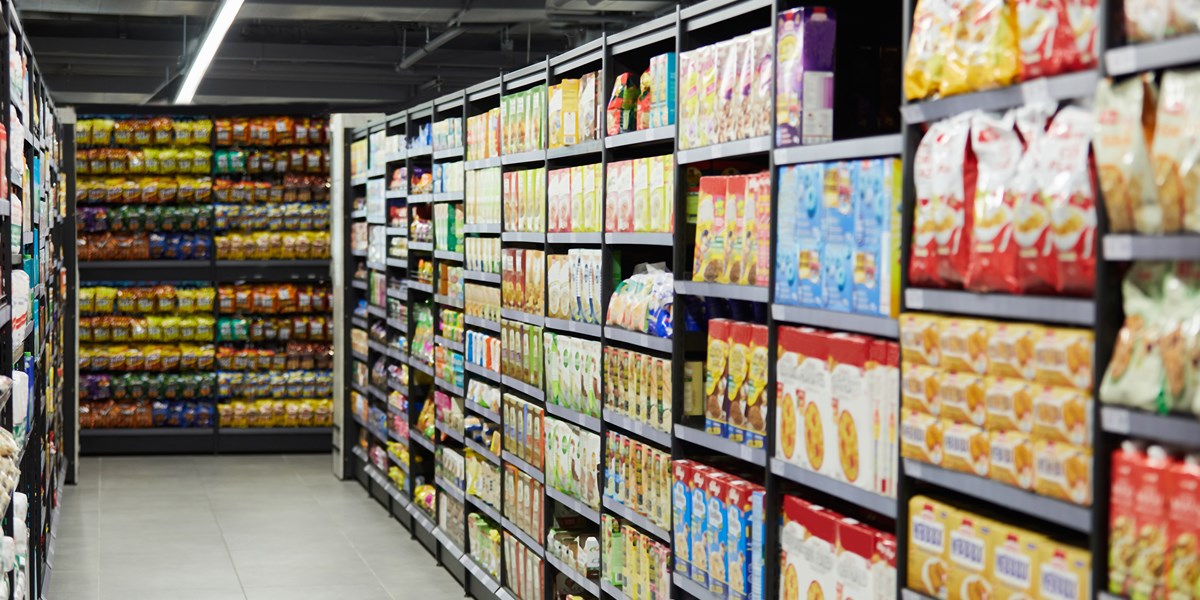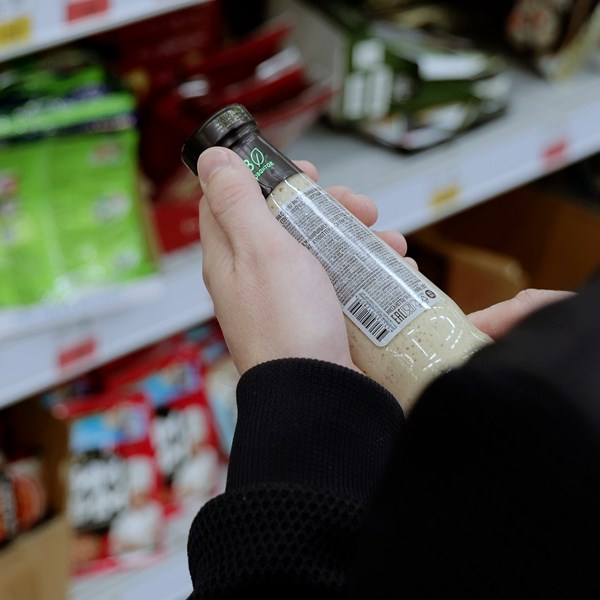Recent advances in automation, machine learning, and cleantech have heralded the “4th industrial revolution”. This promises to not only rapidly change how we live and work, but also transform it beyond recognition.
Historically, industrial revolutions have gone hand-in-hand with agriculture and this is still true today, with the global population projected to exceed 10 billion by the end of the century. This level of demand places significant demands on our food system. It also threatens to halt industrial progress before it can begin.
However, as in so many cases, innovation has the power to trample these potential hurdles. Here are five emergent technologies that promise to address these challenges and transform the food system:
1. PRECISION AGRICULTURE
The same techniques that are set to transform industrial production can also be applied to agriculture.
AI and machine learning can transform pest, water, and livestock management, whilst GPS-guided tractors, drones, and robotics promise to automate farming. Interestingly, increased use of network-guided methods allows the gathering of valuable implementation data, which in turn can be used to drive further improvements. In the farms of the future, harvesting data may be as important as harvesting crops, and it remains to be seen who owns and has the right to use it.
2. CULTIVATED MEAT
Demand for meat is set to rise by 70% by 2050. As animal agriculture already occupies 26% of the earth’s land and consumes the produce of a third of its croplands as feed, it is clear this demand cannot be met through conventional methods.
“Cultivated meat” offers an alternative. By growing cells in culture, meat can be produced without wasting energy on growing inedible parts of the animal. Already, production costs are falling dramatically, and the dawn of cultivated meat may have already broken with Upside Foods and GOOD Meat reaching early regulatory milestones in the US.
The race to be the first to supermarket shelves is very much underway as ambitious early movers muscle their way into this crowded field.
3. PRECISION FERMENTATION
Microbial fermentation has been part of the way we eat since the advent of baking and brewing. Building on this history is precision fermentation, whereby scientists genetically engineer yeasts and bacteria to produce specific molecular products.
Already used to make rennet and flavourings, precision fermentation is moving up to the commodity scale. An early area of interest is dairy. Companies such as Perfect Day, Formo Foods, and Remilk are already producing the proteins that make up milk outside the cow with reduced carbon and water footprints.
It looks likely that in the very near future, it may be possible to go beyond mere mimicry and generate products never seen before in nature, ranging from functional foods to milk with the chocolate flavouring “brewed in”.
4. NEXT-GENERATION PLANT BREEDING
AI-driven plant breeding techniques, alongside new DNA biomarkers, can allow the development of improved crop varieties with better yield, flavour, and resilience. This can only speed up as gene-editing technologies, like the GEiGS platform from Tropic Biosciences, mature.
Moreover, there is an increasing interest in using gene editing to develop previously unthinkable traits such as rewired metabolism and extreme salt-tolerance. IP protection for plants is notoriously complex and controversial, but a strategic portfolio of overlapping rights may pay dividends, especially in increasingly permissive legal frameworks like the UK.
Twenty years on from Golden Rice, could we finally be in a golden age for crop bioengineering?
5. ADVANCED CROP PROTECTION
Reducing chemical inputs is one goal of plant breeding, due to the high cost and environmental damage caused by their over-application. However, as herbicide and pesticide resistance rise, there remains a demand for improved plant protection products. This may be achieved through a translational approach, employing insights from drug discovery and chemical biology, to provide highly effective agents targeting novel mechanisms of action.
The resulting synergy with precision application and gene-edited plant varieties could lead to significant increases in crop productivity, whilst avoiding the emergence of resistance.
Andrew Tindall is a member of Potter Clarkson’s dedicated food and agritech team. If you would like to discuss how to maximise the value of any innovations you are working on within these fields, please contact us today.






